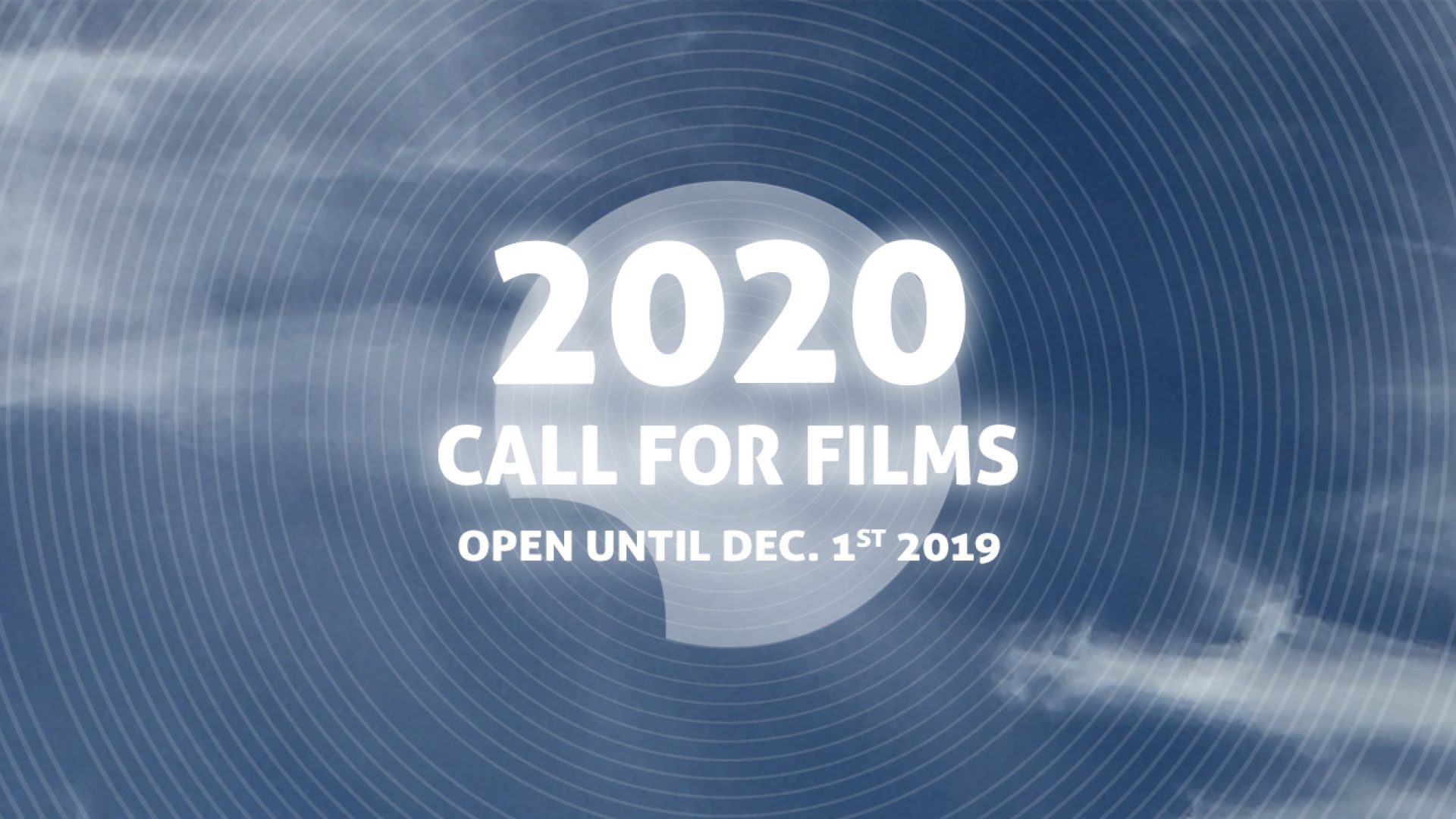FOCUS PROGRAMME 2018
ON MEMORY – Never forget! Contributions to the Memorial Year 2018
On the occasion of the Memorial year 2018, ethnocineca shows four films concerned with the Shoah, survivors of the atrocities of the Nazi regime, their descendants and places of remembrance. This year’s opening film is dedicated in clear words and images to the mission of remembering. The Happiest Man and Redemption Blues invite us to learn about the personal life stories of witness-survivors and their relatives and share with them moving moments and very personal conversations, which are always supported by the hope for a better future. Finally, Blueberry Spirits takes us to the forests of Latvia, where we meet the spirits of the murdered ancestors of a Roma family who died in the concentration camp.
Films
ON WOMEN – Paths to self-determination
Films of this focus programme enable encounters with strong women in search of justice and emancipation. Theirs are stories that tell of personal destinies, controversial traditions and supposedly insurmountable social systems. Above all, however, women from very different parts of the world speak for themselves and invite us through impressive narratives and images to take part in their stories and their strive for a better life.
Films
ON PRESSURE – Belief in progress and resistance
The focus programme On pressure is dedicated to those people whose livelihoods are at risk through neo-liberal belief in progress – repressed, exploited and overrun by the supposed triumph of capitalism. Four selected films present true heroes who, in the fight against the eternal winners, will not give up no matter how seemingly hopeless their situation might be. These are stories of people who remind us that there are indeed alternatives to unconditional growth, its associated progress and a supposed ‘happy ending’ for a lucky few.
Films
ON YOUTH – Coming of age in divers realities
Four films and four different ways to deal with the most confusing part of our lives: growing up. In Nyo Vweta Nafta the story of young men in Mozambique confronts the Western consumer world and challenges us to ask, what it means to grow up in a society shaped by selfishness and materialism. The complete opposite unfolds in Becoming who I was, a touching spiritual journey through the end of childhood, far from the cities in the remote highlands of Tibet. Boli Bana, in turn, approaches adult initiation in Burkina Faso among the Fulani as a life-cycle and mystical ritual. Finally, in The 20th Circuit Suspects members of a youth gang are faced with the immediate harshness of growing up in Tehran.
Films
ON MIGRATION – New cinematic approaches
These four films use new visual methods to tell about the personal destinies of refugees. Collaborative, experimental and personal approaches allow us to learn about the often hidden human aspects that mark the experience of refugees but that seldom find a place in journalistic reporting and dealing with migration.


